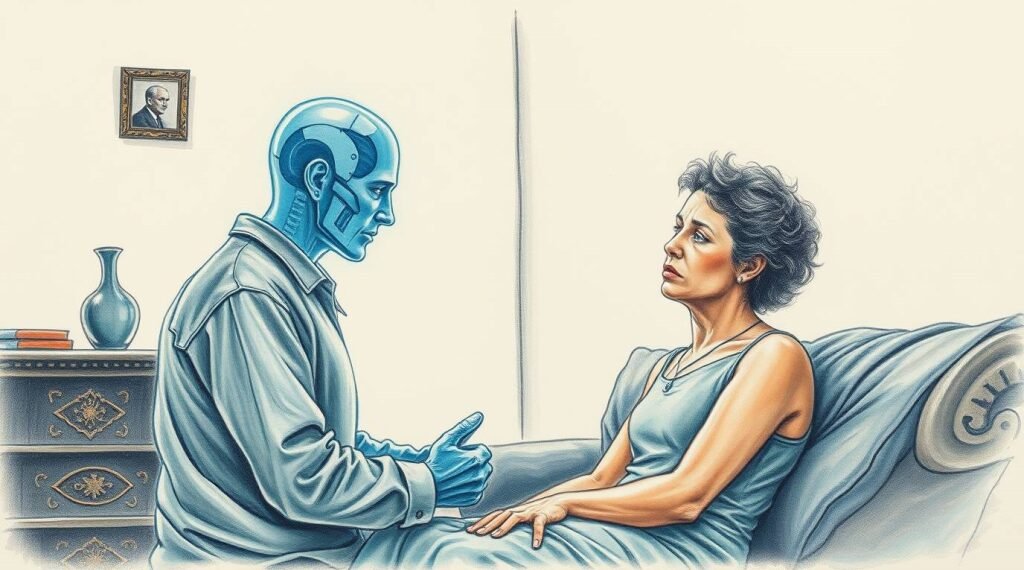As generative AI advances, the notion of digitally preserving loved ones has transitioned from a theoretical pursuit to a burgeoning industry, characterized by AI-powered “griefbots.” This advancement raises significant ethical questions concerning the treatment of both the living and the deceased. Katarzyna Nowaczyk-Basińska, a research fellow at the Leverhulme Center for the Future of Intelligence at the University of Cambridge, explores the implications of these technologies. Her interest in griefbots began during her studies, and over the years, she has deepened her research into digital immortality.
The evolution of technology has allowed for the creation of sophisticated avatars that mimic the deceased by utilizing extensive personal data combined with AI. Currently, various products exist that allow individuals to create virtual representations that persist after death. These technologies have garnered interest, particularly in the United States, where numerous startups are offering such services, complicating the understanding of cultural reactions to digital immortality.
Nowaczyk-Basińska’s research involves examining perspectives from different cultural backgrounds in Poland, India, and China, to gather insights from both experts in related fields and the general public. Significant ethical concerns include questions of consent, especially in scenarios involving third parties creating avatars of deceased loved ones. The concept of mutual consent raises dilemmas about whether families can consent to the use of a deceased individual’s private data. Furthermore, the commercialization of digital immortality draws attention to the potential exploitation of personal data and the vulnerability of certain user demographics, notably children, who may be adversely affected by such technologies.
While some recognize potential benefits, like serving as interactive archives for information, the inherent risks associated with grieving processes must be approached cautiously. Users considering engagement with griefbots should remember that these technologies are not substitutes for their loved ones but rather complex systems designed to imitate them. Ultimately, the conversation continues to evolve, prompting collaboration among experts to navigate the myriad challenges posed by technological advancements in the realm of death and grief.
The ainewsarticles.com article you just read is a brief synopsis; the original article can be found here: Read the Full Article…


